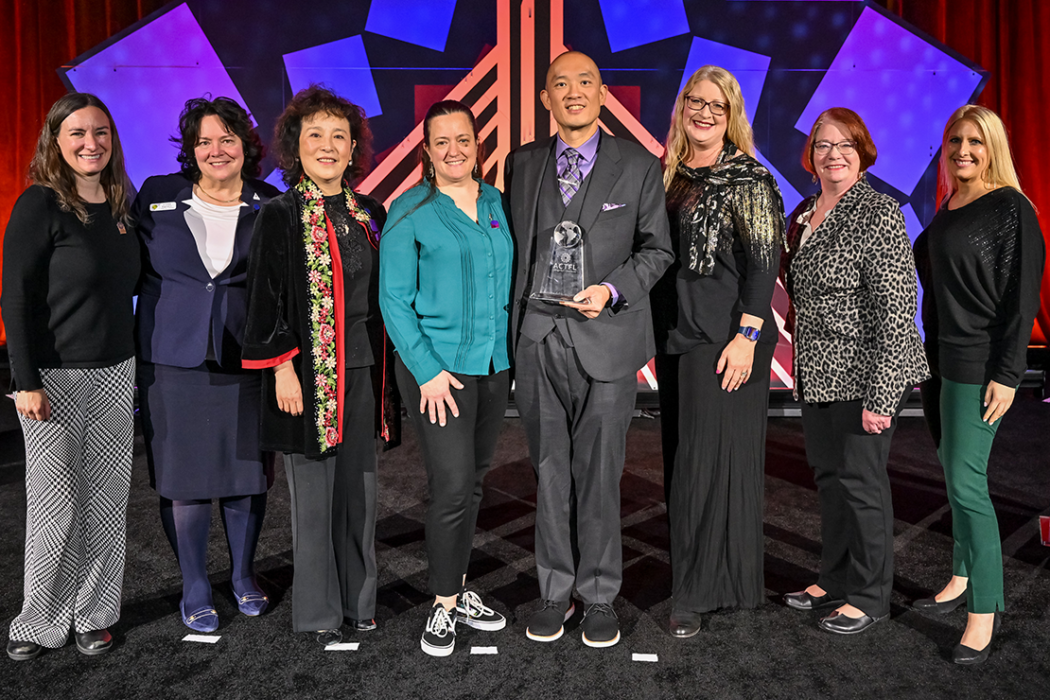Thomas Soth

2013 Hall of Fame Nominee

Northwest Guilford High School
Greensboro, NC
2013 Finalist from SCOLT
“Why can’t everyone just speak English?” is an often heard question and complaint I hear from level one students coming to terms with the “shock” and challenges of learning a new language. In itself, the question expresses the ethnocentric “everyone should speak just like me” which inevitably holds an erroneous logic that devalues the way that others communicate. It addresses the need for students to expand their linguistic horizons and expresses a cultural mindset that learners must move beyond if we want to build and sustain mutually beneficial and peaceful relationships in our communities, our nations, and our world.
In a world where the political, economic, and social aspects of all peoples are becoming increasingly interconnected, the skills garnished through learning languages are and will be exponentially important to the creation of productive local and global relations. An awareness of cultures and languages is a requisite for people who want to participate in the global market and who seek to understand and help others around them. Countries, businesses, communities, and families increasingly rely on individuals that can help them negotiate the cultural pluralism of the earth. Whether you are the UN trying to negotiate a peace conference, an international business, a multilingual community trying to break down communication barriers or an immigrant family trying to enroll a child at school, your ability to communicate relies heavily on the linguistic and the cultural understanding of all parties involved.
Thus, I believe that the learning of language and culture is necessary for all 21st century citizens because language and culture skills are the skills needed to participate actively in the modern village, nation, and world. Active participants must be able to fuse critical thinking with communication and collaboration. Creativity can then be shared and spark greater innovations that will help all people. Those involved must have the skills necessary to work effectively and respectfully with diverse teams. Long well-articulated sequences of language and culture instruction give learners these skills as well as the ability to empathize with the world views of others. In the classroom I see how these skills lead students to connect to ideas and communities unavailable to the ethnocentric individual but vital for positive participation in the global community.
Further, our students’ understanding of others’ views gives them a better lens to view their own behavior, which in turn helps them understand and connect better to their communities. Without the comparisons made through the study of languages and cultures, individuals may not learn to value how others view the world. A lack of understanding of languages and cultures, the “Why can’t everyone communicate just like me?” attitude, only serves to hold individuals, communities and nations prisoner to their own ethnocentric ideology. It is my responsibility, as a teacher, to help individuals move beyond their world view through the study of language and culture so that they may acquire the skills necessary to build positive relationships in the 21st century.